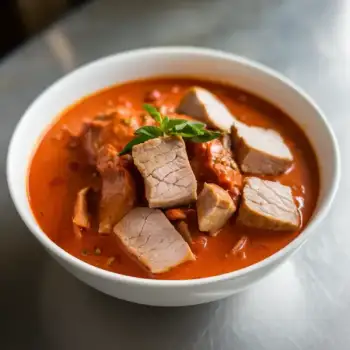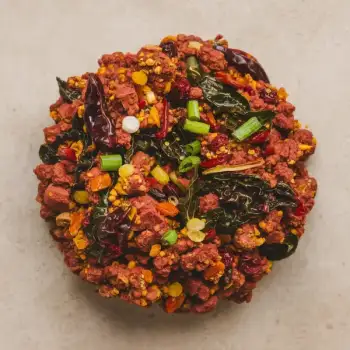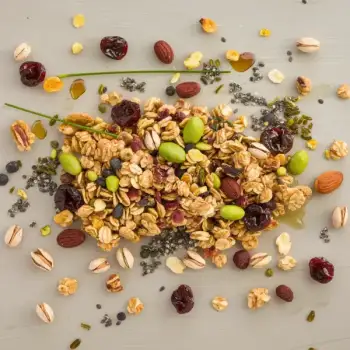


Liquid
Coconut oil that remains in a liquid state at room temperature, often due to the removal of certain fatty acids. Convenient for dressings, marinades, or in smoothies.
Virgin
Unrefined coconut oil that is extracted from fresh coconut meat, retaining its natural flavor and aroma. Ideal for baking, sautéing, and as a dairy-free replacement to butter.
Organic
Coconut oil that is certified organic, ensuring it is produced without synthetic pesticides or fertilizers. Preferred by those looking for a natural and environmentally friendly option.
Refined
Coconut oil that has been bleached and deodorized, removing its coconut flavor and scent. Suitable for cooking at higher temperatures due to its higher smoke point.
Cold-pressed
Oil extracted from coconut meat at low temperatures, preserving its nutritional content and flavor. Often considered a higher quality due to minimal processing.




virgin coconut oil: Nutiva
organic coconut oil: Dr. Bronner's
refined coconut oil: Spectrum
cold-pressed coconut oil: Viva Naturals

Baking: Coconut oil can be used as a dairy-free alternative to butter in baking. It's ideal for vegan recipes or for adding a subtle coconut aroma to cakes, cookies, and pastries.
Sautéing: Coconut oil is excellent for sautéing vegetables, meats, and seafood. It can withstand medium-high heat without burning, adding a light coconut flavor to the dish.
Deep-frying: Due to its high smoke point, especially the refined variety, coconut oil is suitable for deep-frying. It can add a tropical note to fried foods, but be mindful of its flavor compatibility with the dish.














